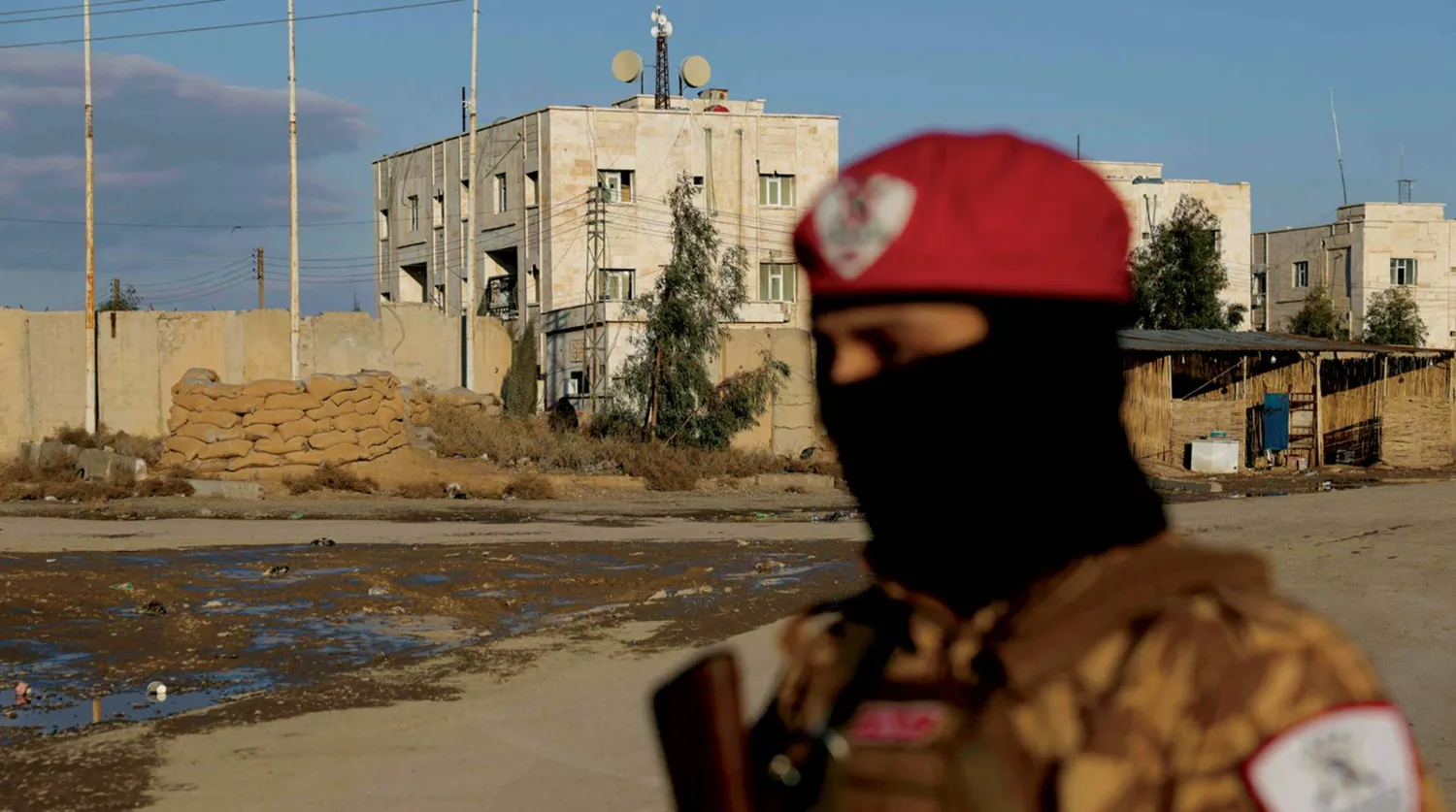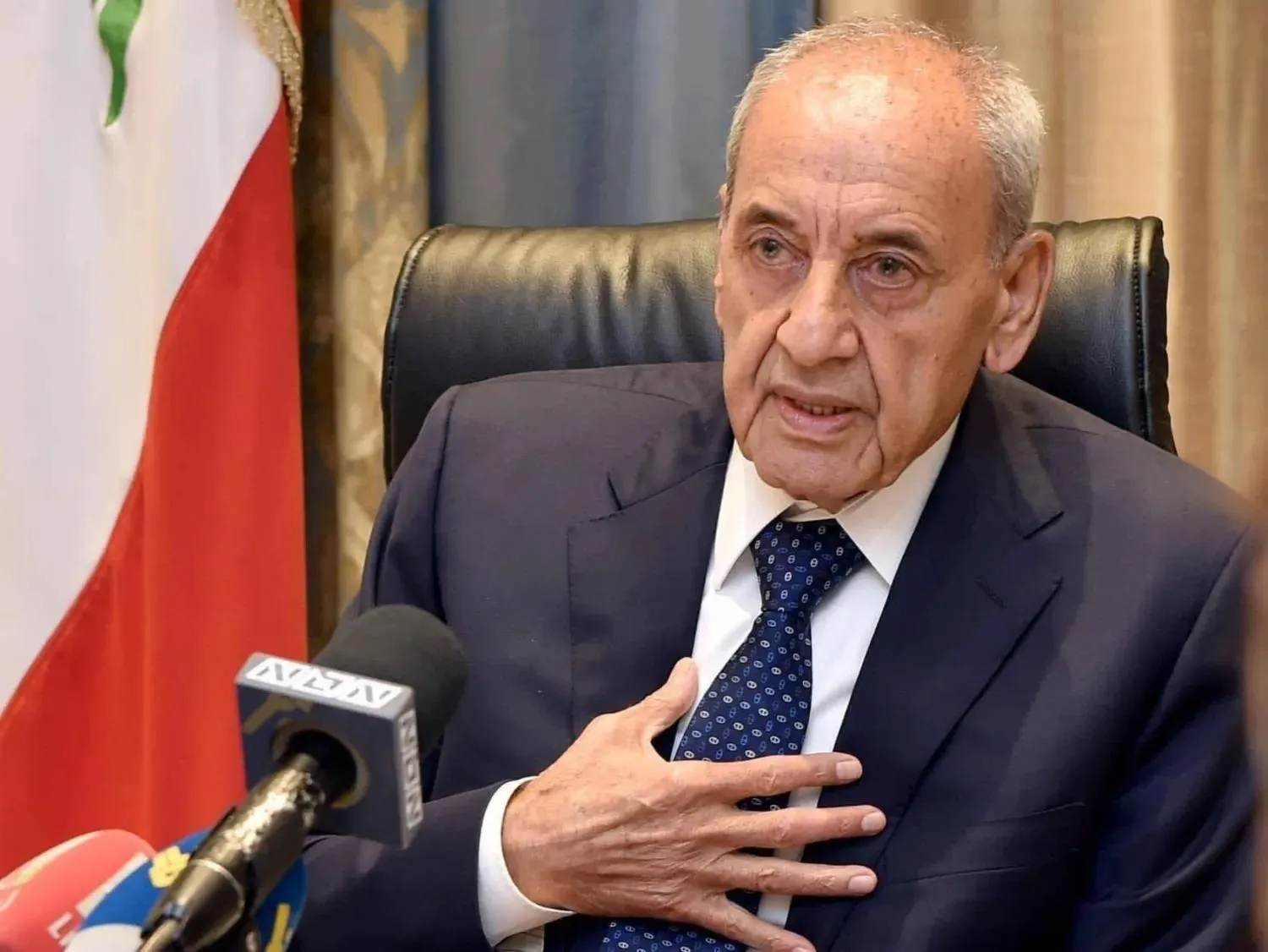Israeli forces detained more than 240 Palestinians including dozens of medical staff and the director of a north Gaza hospital they raided on Friday, according to the Health Ministry in the enclave and Israel's military.
The Health Ministry said it was concerned about the well-being of Hussam Abu Safiya, director of the Kamal Adwan Hospital, as some staff freed by the Israeli military late on Friday said he was beaten up by soldiers.
The Israeli military said the hospital was being used as a command center for Hamas military operations and those arrested were suspected fighters. It said Abu Safiya was taken for questioning as he was suspected of being a Hamas operative.
On Friday, Hamas dismissed as lies Israel's assertion that its fighters had operated from the hospital throughout the 15-month-old Gaza war, saying no fighters were in the hospital. The group had not yet commented on the 240 arrests.
The raid on the hospital, one of three medical facilities on the northern edge of Gaza, put the last major health facility in north Gaza out of service, the World Health Organization (WHO) said in a post on X.
The "WHO is appalled by yesterday’s raid. The systematic dismantling of the health system and a siege for over 80 days on North Gaza puts the lives of the 75,000 Palestinians remaining in the area at risk," the WHO said.
Some patients were evacuated from Kamal Adwan to the Indonesian Hospital, which is not in service, and medics were prevented from joining them there, the Gaza Health Ministry said. Other patients and staff were taken to other medical facilities.
The Israeli military said 350 patients and medical personnel were evacuated prior to the Kamal Adwan operation, while another 95 were evacuated to the Indonesian Hospital during the operation, in coordination with local health authorities.
Separately, the Gaza Health Ministry said Israeli strikes across the enclave killed 18 Palestinians on Saturday, at least nine of them in a house in Maghazi camp in central Gaza Strip.
The Israeli military had no immediate comment on the strikes and fatalities.
TARGETS IN NORTHERN GAZA
In the past few months Israeli forces have pushed people out and razed much of the area around the northern Gaza towns of Jabalia, Beit Hanoun and Beit Lahiya.
Palestinians have accused Israel of carrying out ethnic cleansing by depopulating those areas to create a buffer zone. Israel denies it is doing this, saying it aims to prevent Hamas fighters from regrouping in these areas.
The Israeli military said on Saturday it had begun operating overnight against targets in the Beit Hanoun area, adding that "troops are enabling civilians still in the area to move away for their own safety".
The military also posted new evacuation orders to residents of Beit Hanoun, ordering them to leave and head towards the southern areas of the Gaza Strip, citing rockets fired from the area.
In a statement, it said two rockets fired from north Gaza towards Jerusalem and other Israeli territory were intercepted.
Israel's campaign against Hamas, which previously controlled Gaza, has killed more than 45,400 Palestinians, according to health officials in the enclave. Most of the population of 2.3 million has been displaced and much of Gaza is in ruins.
The war was triggered by Hamas' attack on southern Israel on Oct. 7, 2023, in which 1,200 people were killed and 251 taken to Gaza as hostages, according to Israeli tallies.









